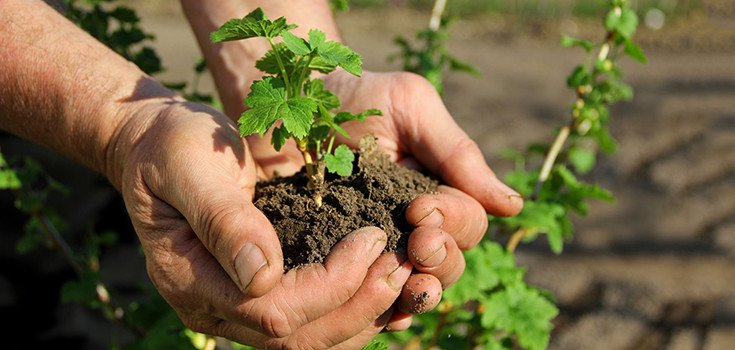Students Learn Organic Farming, Sell Thousands of Pounds of Produce After Internship

As part of the growing need to find sustainable ways to provide organic, quality food for ourselves, our families, and our neighbors, more young people have become interested in organic farming. Now new programs are teaching children the importance of self-sustainable farming, and how to farm using age-old techniques.
With the use of just a small, one-acre plot and a few greenhouses, students learn every aspect of growing organic vegetables. They plan, operate tractors, coddle seeds into seedlings, make compost, prepare the land, and even sell the produce they grow at the local farmer’s market. Students of the University have an opportunity to learn state-of-the-art organic growing processes and organic farming.
Students learn how to prepare the land for planting, and get rid of caterpillars by spraying a non-toxic bacteria on plants. They learn when certain vegetables need to be planted and harvested, how to manage and plan irrigation, including preparing for rainy days, and every aspect of what it would take to run their own organic farm.
“The farm provides excellent hands-on and practical experience,” says one student, Daniel Harvey. “When you’re learning organic agriculture in a block system, you’re very pressed for time, so having space available for class sessions, work study, and internships is crucial.”
Students can gain the knowledge they need to run their own organic farms in a few ways. They can participate in a work-study capacity, or they can do an internship and have their work count towards their degree at the University. They can choose to focus on permaculture, soil-biology, marketing, or all of the above.
Experimenting with various row covers, the farm has successfully grown crops throughout the winter, reducing fossil fuel usage by 88% and saving $18,000. Recent bumper crops grown by students were sold at local farmers’ markets to show the students just how profitable and sustainable organic farming can truly be.
Even better, Maharishi University has been warning about GMOs since the 1970s, and the farm is entirely GMO-free.
Sources:
